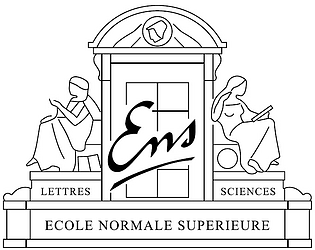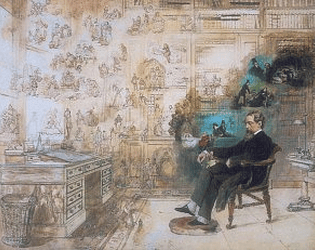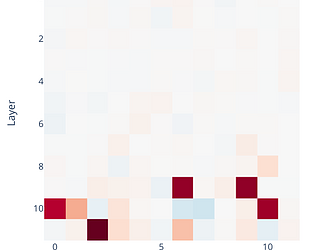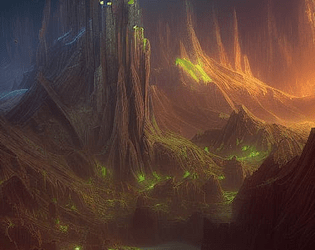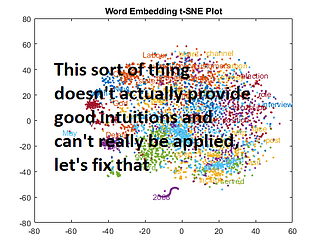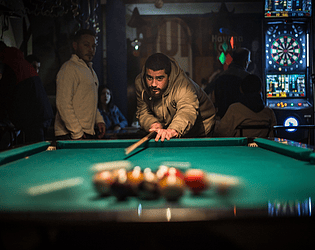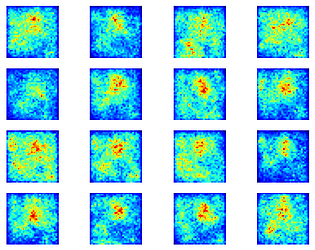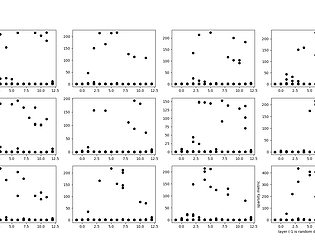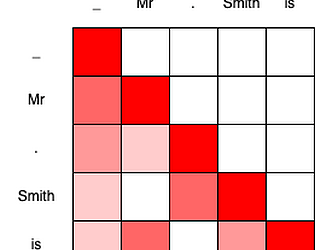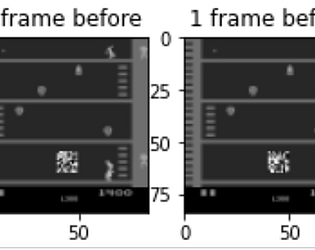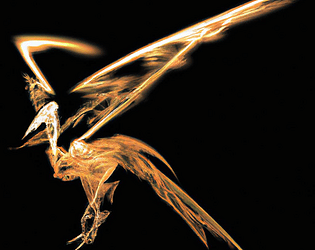
This jam is now over. It ran from 2022-11-11 17:00:00 to 2022-11-13 13:15:00. View results
🧑🔬 Join us for this month's alignment jam! Get answers to all your questions in this FAQ. See all the starter resources here. Go to the GatherTown here.
Join this AI safety hackathon to find new perspectives on the "brains" of AI!
48 hours intense research in interpretability, the modern AI neuroscience.
We will work with multiple research directions and one of the most relevant is mechanistic interpretability. Here, we work towards a researcher understanding of neural networks and why they do what they do.
We provide you with the best starter templates that you can work from so you can focus on creating interesting research instead of browsing Stack Overflow. You're also very welcome to check out some of the ideas already posted!
Schedule
The schedule runs from 6PM CET / 9AM PST Friday to 7PM CET / 10AM PST Sunday. We start with an introductory talk and end with an awards ceremony. Join the public ICal here.
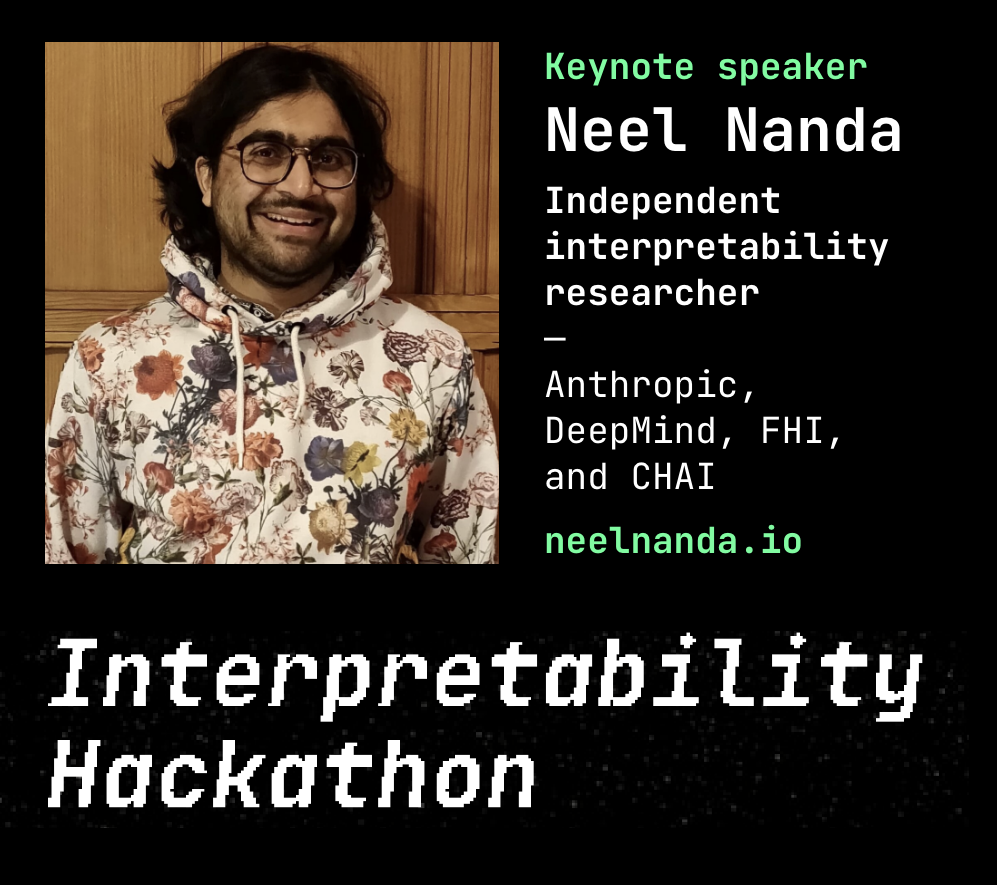
Local groups
If you are part of a local machine learning or AI safety group, you are very welcome to set up a local in-person site to work together with people on this hackathon! We will have several across the world (list upcoming) and hope to increase the amount of local spots.
You will work in groups of 1-6 people within our hackathon GatherTown and in the in-person event hubs.
How to participate
Create a user on the itch.io (this) website and click participate. We will assume that you are going to participate and ask you to please cancel if you won't be part of the hackathon.
Instructions
You will work on research ideas you generate during the hackathon and you can find more inspiration below.
Submission
Everyone will help rate the submissions together on a set of criteria that we ask everyone to follow. You receive 5 projects that you have to rate during the 4 hours of judging before you can judge specific projects (so we avoid selectivity in the judging).
Each submission will be evaluated on the criteria below:
| Criterion | Weight | Description |
|---|---|---|
| ML Safety | 2 | How good are your arguments for how this result informs the longterm alignment and understanding of neural networks? How informative is the results for the field of ML and AI safety in general? |
| Interpretability | 1 | How informative is it in the field of interpretability? Have you come up with a new method or found revolutionary results? |
| Novelty | 1 | Have the results not been seen before and are they surprising compared to what we expect? |
| Generality | 1 | Do your research results show a generalization of your hypothesis? E.g. if you expect language models to overvalue evidence in the prompt compared to in its training data, do you test more than just one or two different prompts and do proper interpretability analysis of the network? |
| Reproducibility | 1 | Are we able to easily reproduce the research and do we expect the results to reproduce? A high score here might be a high Generality and a well-documented Github repository that reruns all experiments. |
Inspiration
We have many ideas available for inspiration on the aisi.ai Interpretability Hackathon ideas list. A lot of interpretability research is available on distill.pub, transformer circuits, and Anthropic's research page.
Introductions to mechanistic interpretability
- Catherine Olsson's on getting starter with mechanistic interpretability research
- A video walkthrough of A Mathematical Framework for Transformer Circuits.
- The Transformer Circuits YouTube series
- Jacob Hilton's deep learning curriculum week on interpretability
- An annotated list of good interpretability papers, along with summaries and takes on what to focus on.
- Christoph Molnar's book about traditional interpretability
- Neel's barebones prerequisites for mechanistic interpretability research
See also the tools available on interpretability:
- Redwood Research's interpretability tools: http://interp-tools.redwoodresearch.org/
- The activation atlas: https://distill.pub/2019/activation-atlas/
- The Tensorflow playground: https://playground.tensorflow.org/
- The Neural Network Playground (train simple neural networks in the browser): https://nnplayground.com/
- Visualize different neural network architectures: http://alexlenail.me/NN-SVG/index.html
Digestible research
- Opinions on Interpretable Machine Learning and 70 Summaries of Recent Papers summarizes a long list of papers that is definitely useful for your interpretability projects.
- Distill publication on visualizing neural network weights
- Andrej Karpathy's "Understanding what convnets learn"
- Looking inside a neural net
- 12 toy language models designed to be easier to interpret, in the style of a Mathematical Framework for Transformer Circuits: 1, 2, 3 and 4 layer models, for each size one is attention-only, one has GeLU activations and one has SoLU activations (an activation designed to make the model's neurons more interpretable - https://transformer-circuits.pub/2022/solu/index.html) (these aren't well documented yet, but are available in EasyTransformer)
- Anthropic Twitter thread going through some language model results
Below is a talk by Esben on a principled introduction to interpretability for safety:
Submissions(24)
No submissions match your filter



